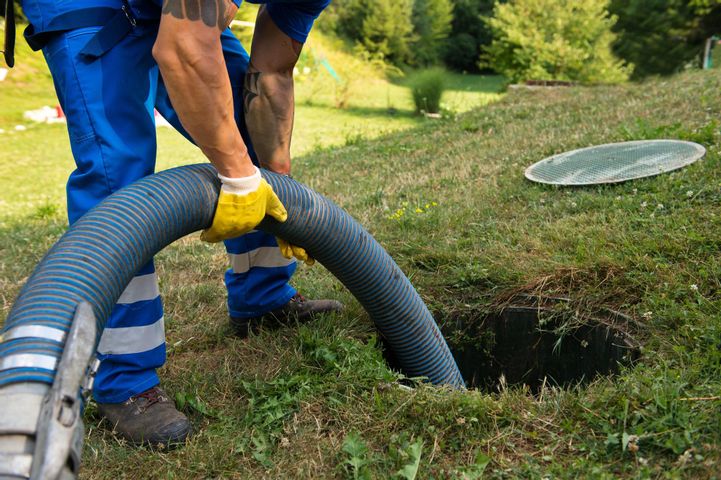4 Signs That You Need Septic Pumping

It can be difficult to detect a need for septic pumping because many of the components are hidden underground. Neglecting routine maintenance may cause a minor issue to develop into major repairs, which can jeopardize your family’s health. Here are a few red flags that indicate it’s time for professional fixes.
How to Tell If Your Home Needs Septic Pumping
1. Foul Odors
If you notice an odd smell coming from the drains, there may be a clog near the tank that’s obstructing the water flow. Top culprits for this type of issue include loose hair and cooking grease. Allow the area to completely dry out, and avoid adding more water to the system. Neglecting to do so can encourage mold and mildew to develop within the pipes, which will increase the strength of the smell.
2. Visible Backflow
 Dirty water may appear at the bottom of the toilet or drain hole if the tank is full or the drain field is completely saturated. To prevent the bacteria in dirty water from entering your home, schedule regular septic pumping every three to five years.
Dirty water may appear at the bottom of the toilet or drain hole if the tank is full or the drain field is completely saturated. To prevent the bacteria in dirty water from entering your home, schedule regular septic pumping every three to five years.
3. Green Grass
A leak may have developed within the container if the grass above your septic tank appears greener than the rest of the lawn. Although the wastewater acts as a natural fertilizer for the surrounding greenery, excess amounts may contaminate the environment.
4. Sluggish Drains
Drains that don’t empty properly may indicate that the septic filter is clogged with buildup, and it’ll need to be replaced to maintain water flow. A slow drain is also caused by a mechanical problem within the system, such as a loose or a worn part, that’s preventing the liquid from draining properly.
If you notice these red flags in your home, contact the skilled team at ABC Cesspool & Septic Pumping in Kamuela, HI. Since 2005, these professionals have provided Big Island residents with a variety of services, including septic repairs and maintenance. If your system breaks, they’ll also replace it and return the yard to its original condition. Call (808) 887-0766 to schedule an appointment, or learn more about how septic systems work online.
About the Business
Have a question? Ask the experts!
Send your question

